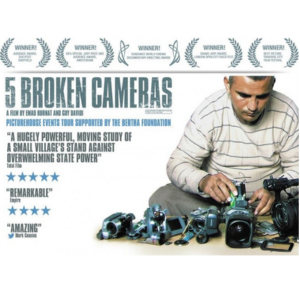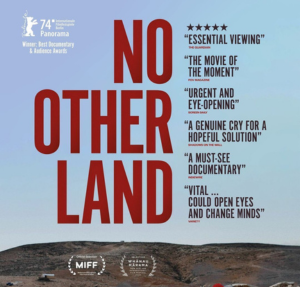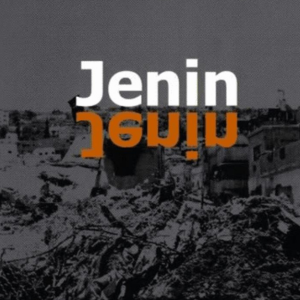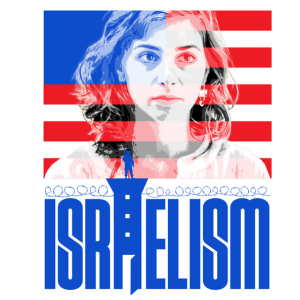An overview of the Nakba, Gaza and West Bank terrorism
Documentary | Length: 104 mins | Topic: Nakba, Gaza + West Bank Terrorism, Israeli Prisons
Directed by Zaya Benazzo, Maurizio Benazzo
Official Trailer: https://youtu.be/-VectWsWc1Q?si=SsvHV5VWEea0md2c
Official Website: https://whereolivetreesweep.com/
Tour dates / Film Screenings: https://whereolivetreesweep.com/screenings/
Why We Recommend This:
Get an overview on the history of Palestine through interviews that include influential Jewish people — Holocaust survivor Dr. Gabor Maté and Israeli journalist Amira Hass — as well as Palestinian people. The film introduces you to real footage documenting life in the two remaining Palestinian regions of Gaza and West Bank. Listen to eye-witness accounts of the struggles that the Palestinians in both regions specifically face today. This film Illustrates how Palestinians have organized peaceful demonstrators against land theft can be abducted and thrown into Palestinian jails and tortured with hot water showers and other methods.
A searing window into the struggles and resilience of the Palestinian people under Israeli occupation. It explores themes of loss, trauma, and the quest for justice.
Film Site Description:
“Where Olive Trees Weep offers a searing window into the struggles and resilience of the Palestinian people under Israeli occupation. It explores themes of loss, trauma, and the quest for justice. We follow, among others, Palestinian journalist and therapist Ashira Darwish, grassroots activist Ahed Tamimi, and Israeli journalist Amira Hass. We also witness Dr. Gabor Maté offer trauma-healing work to a group of women who were tortured in Israeli prisons. Ancient landscapes bear deep scars, having witnessed the brutal reality of ancestral land confiscation, expulsions, imprisonment, home demolitions, water deprivation, and denial of basic human rights. Yet, through the veil of oppression, we catch a glimpse of resilience—deep roots that have carried the Palestinian people through decades of darkness and shattered lives. This emotional journey bares the humanity of the oppressed while grappling with the question: what makes the oppressor so ruthlessly blind to its own cruelty?”
I am text block. Click edit button to change this text. Lorem ipsum dolor sit amet, consectetur adipiscing elit. Ut elit tellus, luctus nec ullamcorper mattis, pulvinar dapibus leo.




